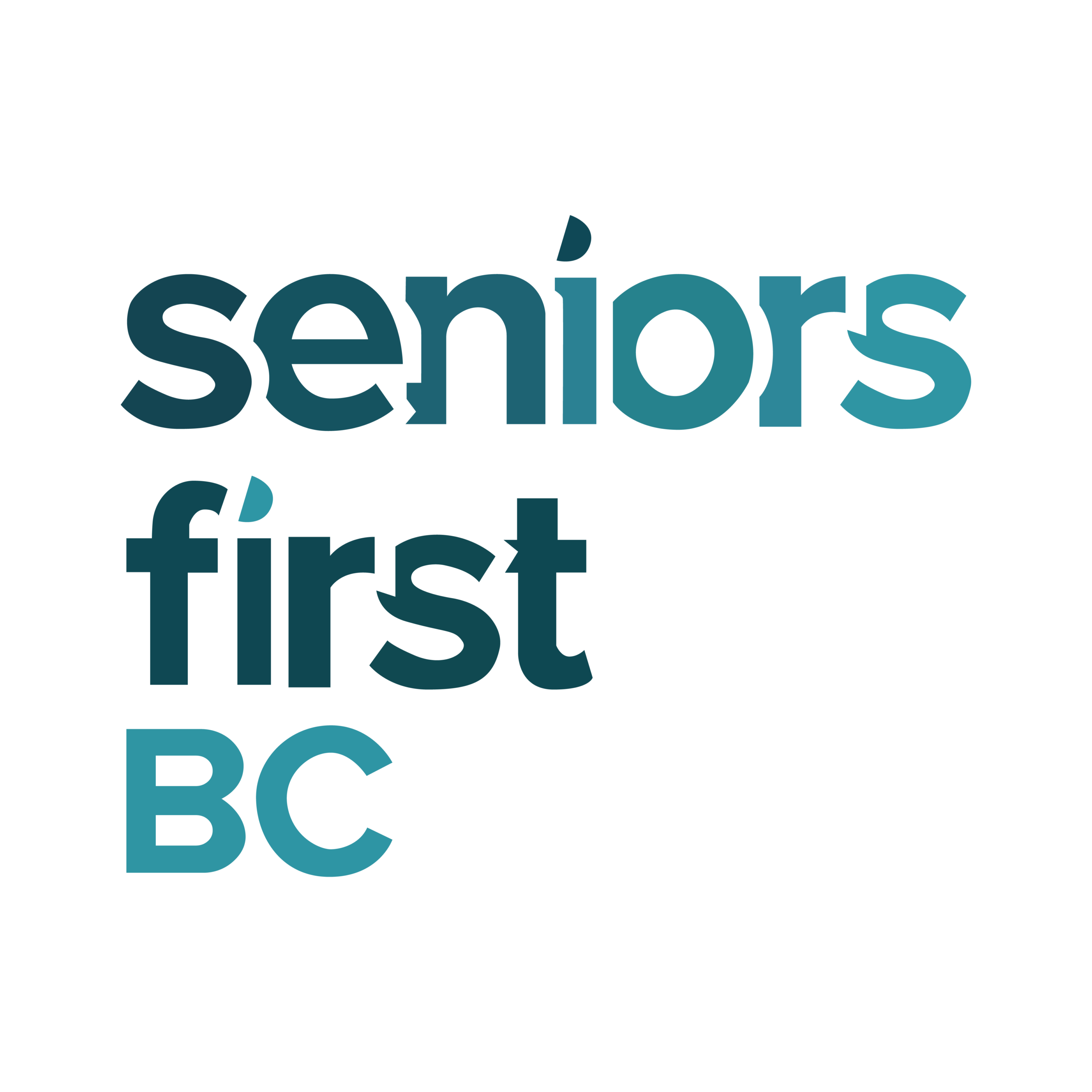BC CRN has several signature programs which have been designed to educate community members and to provide outreach information on the topic of adult abuse, neglect, and self-neglect awareness and prevention. Our programs are offered in-person and virtually to best accommodate your needs, at no cost to you!
If your organization is interested in hosting a presentation with us, please complete our request form below. Please note, we require a minimum of 5-10 participants for our learning events, though exceptions can be made. Our experienced group facilitators are happy to provide a presentation or workshop to accommodate your audience and schedule.
If you would like to attend a scheduled program presentation, please email us at programs@bccrns.ca for more information. Everyone is welcome.
If you are interested in becoming a presenter of our signature programs, please email us at programs@bccrns.ca for additional details.
View BC CRN’s programs rack card.

Introduction to Extreme Clutter
This presentation is about understanding clutter and hoarding disorder, including what it is, why it happens and how it affects people. It will help you understand and learn more about clutter and hoarding and looks at ways to help through community support, assessments and teamwork.
This presentation is aimed at families, agencies and the public who may encounter the issue of extreme clutter.

It’s Not Right!
The It’s Not Right! Neighbours, Friends & Families for Older Adults program is geared towards everyday individuals, residents, neighbours, family members, and friends of adults and older adults, and is conveniently offered in three different presentation formats to accommodate your schedule:
- It’s Not Right! Presentation 1 – Introduction (15-60 minutes)
- It’s Not Right! Presentation 2 – Basic (1.5 hours)
- It’s Not Right! Presentation 3 – Advanced (3-4 hours)

See Something, Say Something!
The See Something, Say Something! Reducing Risk for Older Adults program is geared towards any individual, agency, business, or community service provider who has regular, ongoing contact with adults as part of their daily routine.
The See Something, Say Something! program is designed to help people identify high-risk, vulnerable adults, particularly those who are isolated, living alone, and who would benefit from some type of assistance to maintain their independence.

Spotlight on Ageism
BC CRN is pleased to introduce its newest program offering Spotlight on Ageism. Ageism is highly prevalent and is the most socially accepted and tolerated form of discrimination in Canada. Like sexism or racism, ageism is discrimination – based on someone’s age. Ageism can occur at any point in our lifespan – regardless of how old we are – and may lead to others making judgements about our background, capability, mental or physical status, based only on their impression of our age.
Learn more
Frauds & Scams (SFBC)
More information coming soon!
